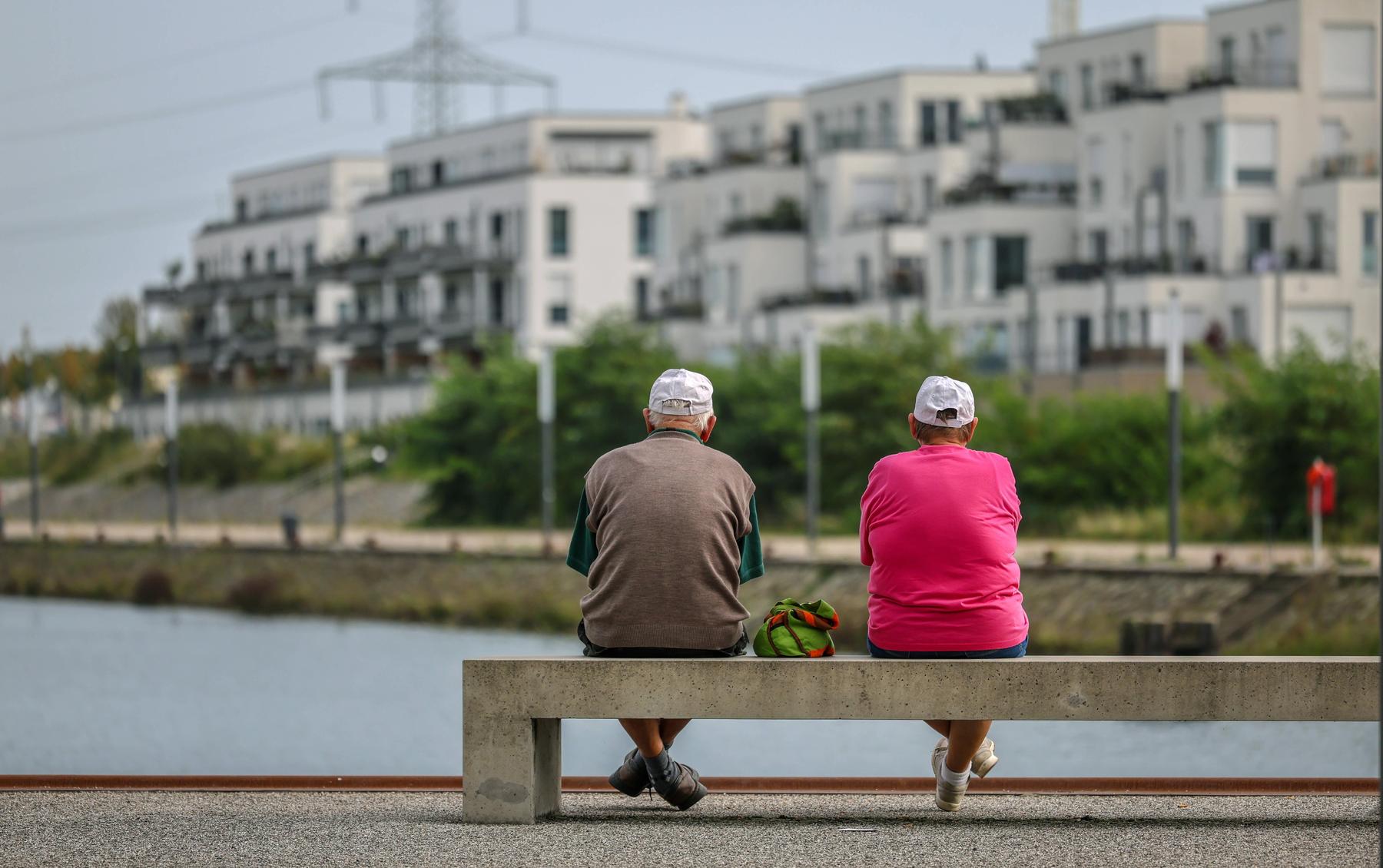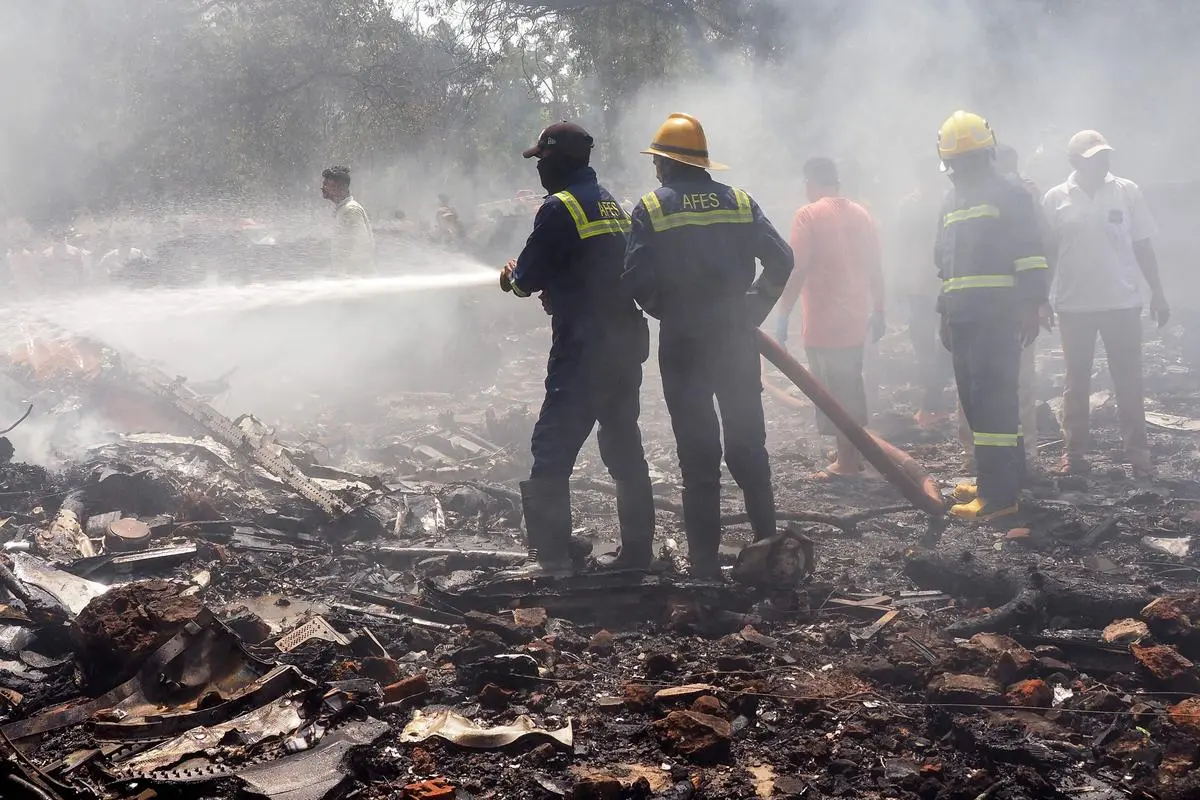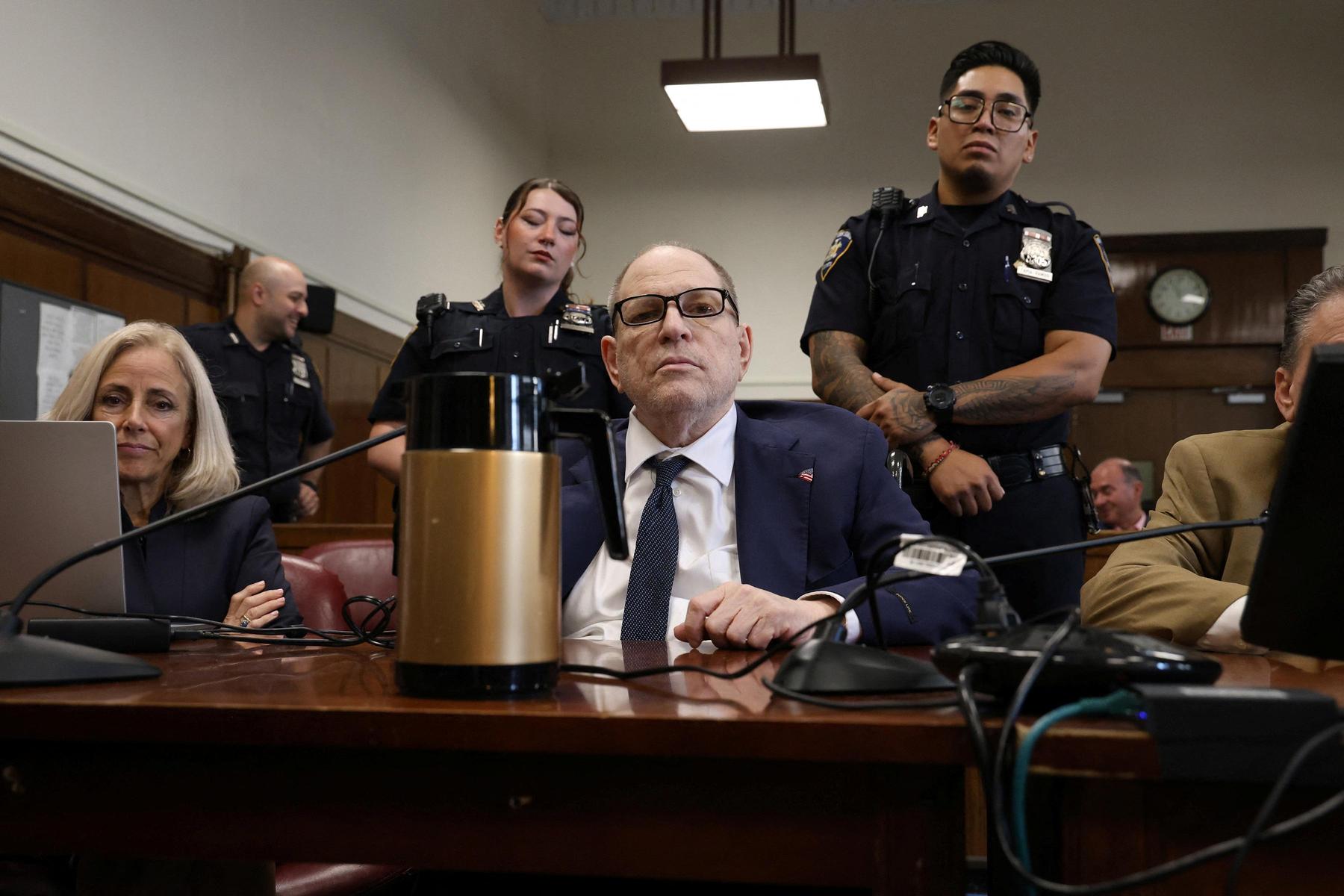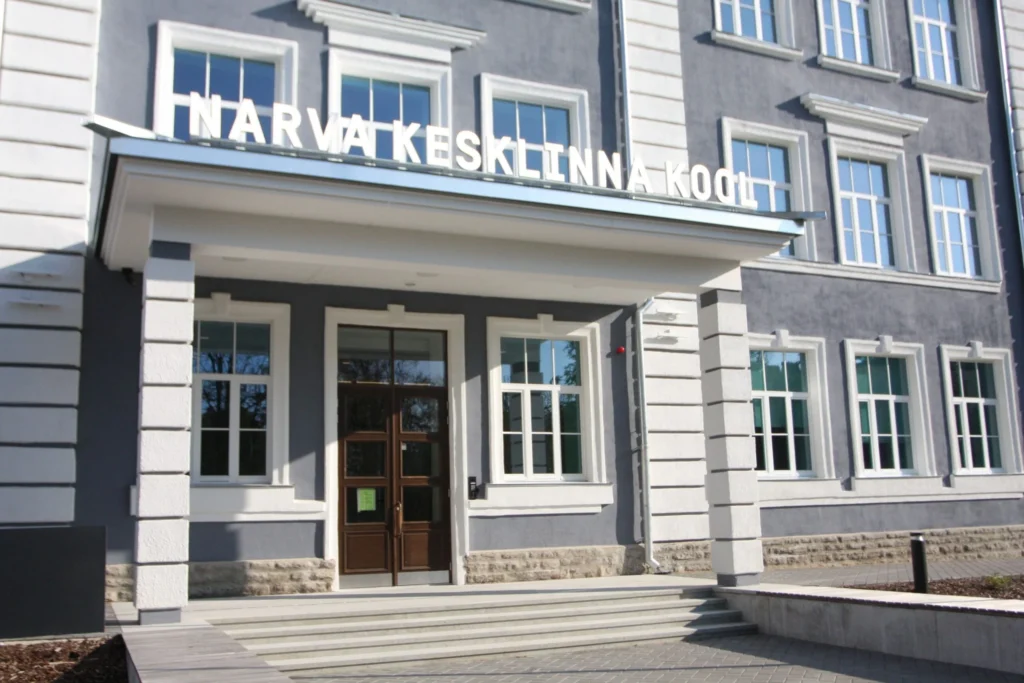122 million people are currently on the run – Diepresse.com
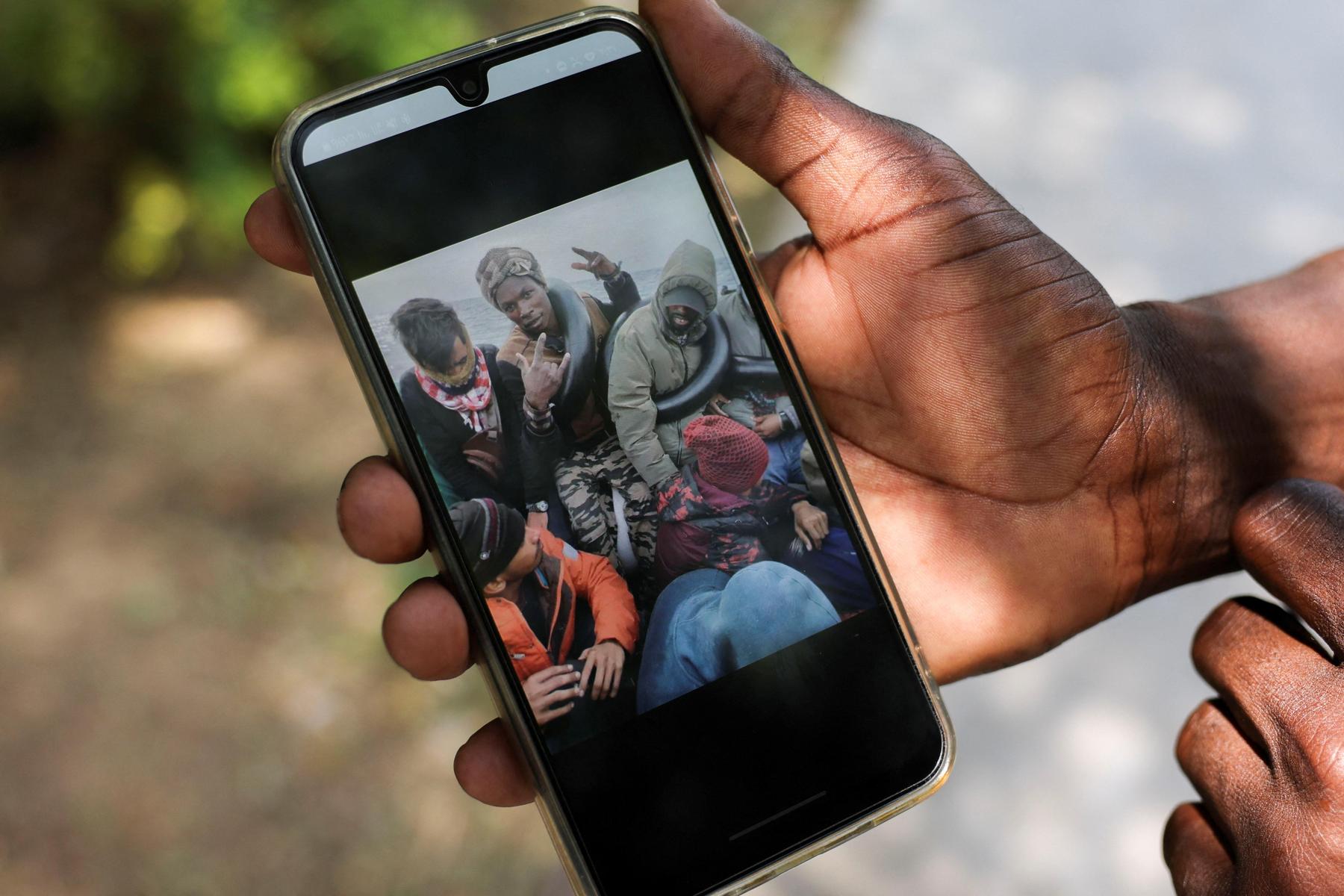
Compared to 2024, a good two million people were driven more violently this year, reports the UN. The war in Sudan replaces Syria as the greatest displacement crisis.
The number of violently displaced people rose again last year. At the end of April, more than 122 million people had fled war and persecution worldwide, a good two million more than in the previous year. This emerges from the « Global Trends » report published on Thursday by the UN Refugee Authority (UNHCR). Most people fled Sudan, Myanmar and Ukraine. At the same time, the UNHCR is in a financing crisis.
The report does not only contain the number of refugees, i.e. the people who have exceeded an international border when fleeing. Their number remained largely stable at 42.7 million and includes 31 million refugees under UNHCR mandate, 5.9 million Palestinians under Unrwa mandate and 5.9 million Venezoleans, which fall into a separate category. The number of people who had to flee within their country grew significantly 6.3 million to 73.5 million inland displaced (Internally Displaced People/IDPS). In addition, there are 8.4 million asylum seekers, including a significant increase of more than 1.5 million.
In Austria, the asylum figures have decreased significantly in the same period. A total of 22,254 new asylum applications were recorded, compared to this in 2023 56,158 applications.
The biggest displacement crisis in Sudan
According to UNHCR, the war in Sudan caused the largest displacement crisis in the world, which affects 14.3 million people, the Sudan replaces Syria (13.5 million). Afghanistan followed with 10.3 million and Ukraine with 8.8 million displaced persons. 60 percent of people who were driven by force do not leave their own country, but flee within their home country. Only a fraction of the displaced people come to Europe. In the case of the Sudan, for example, the number of internal displaced people is almost twice as high as those of those who fled to another country. According to the UN refugee, more than two thirds of refugees worldwide live in the direct neighboring country. Of these, 73 percent were protected in countries with low or medium -sized incomes. Almost every fourth, 23 percent, even lives in countries that belong to the poorest countries in the world.
« We live in a time strong inconsistency in international relationships. Modern warfare has created a fragile and shattering situation that is characterized by great human suffering, » said UNO refugee high commissioner Filippo Grandi. « We have to double our efforts to create peace and find permanent solutions. For refugees and for other people who are forced to flee from their homeland. »
While the number of displaced people has almost doubled in the past ten years, the funds available to the UNHCR are now about the same level as in 2015 – mainly because of massive and persistent cuts in humanitarian aid. This situation is « unsustainable and endangers refugees and other people who flee dangers », according to the UNHCR’s sending on the occasion of the annual report.
Blicksliche despite « devastating cuts »
« Despite the devastating cuts, we have seen some bright spots in the past six months, » said Grandi. « Almost two million Syrians were able to return to their homoing after more than a decade of uprooting. But the country is still unstable and people need our help to rebuild their lives. » A total of 9.8 million people who were displaced in their homeland, including 1.6 million refugees – did not return to their homeland – as many as in more than two decades. 8.2 million inland displaced people were able to go back to their home region, which is the second highest number each registered. However, many of these people had to go home under « extremely precarious circumstances », emphasized the UNHCR.
The UN Refugee High Commissioner once again called on ensuring the financing of global help for refugees. UNHCR’s programs would save lives every day, the improvement of the infrastructure and social systems in the large reception center of the so -called global south are also an investment in regional and global security. (APA)

